Description
“Jean Jacques Rousseau: A Biography of His Vision and Ideas” by Subrata Mukherjee and Sushila Ramaswamy is a comprehensive exploration of the life, philosophy, and influence of one of the most influential thinkers of the Enlightenment era, Jean Jacques Rousseau. This meticulously researched biography delves into Rousseau’s life, from his humble beginnings to his groundbreaking works, shedding light on his visionary ideas that continue to shape our understanding of politics, education, and human nature.
In this book, Mukherjee and Ramaswamy present a nuanced and detailed portrait of Rousseau, examining the social, historical, and intellectual contexts that shaped his ideas. By tracing Rousseau’s academic journey, the authors provide a captivating account of his contributions to political theory, education, and philosophy. With a blend of scholarly rigour and accessible writing, the biography offers readers a deep understanding of Rousseau’s life and legacy.
The biography begins by delving into Rousseau’s early life, his upbringing in Geneva, and the socio-political climate of 18th-century Europe. It explores his formative years, highlighting the events and experiences that shaped his philosophical outlook. The authors meticulously dissect Rousseau’s major works, including “Discourse on the Sciences and Arts,” “Discourse on Inequality,” and “The Social Contract,” offering insightful analysis of his key ideas and their impact on society.
Moreover, the biography delves into Rousseau’s unconventional personal life, examining his relationships, friendships, and controversies. It sheds light on his complex personality, his struggles with mental health, and the conflicts he faced with other Enlightenment thinkers. The authors provide a balanced portrayal, acknowledging both Rousseau’s brilliance and the challenges he encountered throughout his life.
Mukherjee and Ramaswamy’s analysis of Rousseau’s ideas is a standout feature of this biography. They deftly explore the philosophical underpinnings of Rousseau’s works, situating them within the broader intellectual debates of the time. The authors elucidate Rousseau’s concept of the social contract, his critique of societal inequality, and his emphasis on the importance of education in creating a just society. They examine the contradictions and complexities within Rousseau’s ideas, offering a nuanced understanding of his thought.
One strength of this biography is its ability to make Rousseau’s ideas accessible to readers. The authors skillfully explain complex concepts, making them comprehensible without oversimplification. Through their clear and engaging writing style, they successfully navigate the intricacies of Rousseau’s philosophy, ensuring that readers from various backgrounds can grasp the essence of his vision.
In comparison to other biographies of Rousseau, this book stands out for its comprehensive approach and in-depth analysis. Mukherjee and Ramaswamy provide a holistic understanding of Rousseau’s life and ideas, examining not only his political and philosophical contributions but also his struggles and relationships. By doing so, they paint a vivid and multi-dimensional picture of Rousseau, going beyond the common caricatures often associated with him.
One of the central themes explored in this biography is Rousseau’s critique of society and his exploration of the origins of inequality. The authors delve into Rousseau’s belief that society corrupts individuals and the need for a return to a more natural and authentic way of life. They examine the tensions between Rousseau’s vision of a collective society and the realities of individual autonomy and freedom, offering valuable insights into his complex worldview.
Another recurring theme is Rousseau’s philosophy of education. Mukherjee and Ramaswamy explore Rousseau’s emphasis on nurturing individuals’ innate goodness through a holistic and child-centred approach to education. They examine the influence of Rousseau’s ideas on educational practices and their enduring relevance in contemporary discussions on education.
The biography provides a rich and nuanced portrayal of Rousseau’s character, presenting him as a profoundly introspective and passionate thinker. The authors explore his intellectual brilliance, his emotional vulnerabilities, and the conflicts he faced with his contemporaries, such as Voltaire and Diderot. By contextualizing Rousseau’s ideas within his personal experiences, the authors offer valuable insights into the motivations and complexities of this influential figure.
About the Authors:
Subrata Mukherjee and Sushila Ramaswamy are respected scholars in the field of political philosophy and intellectual history. With their extensive knowledge of Enlightenment thought, they bring a deep understanding of the era and its key figures. Mukherjee’s previous works include “Enlightenment and Its Critics: The Edinburgh Review, 1755-1790,” while Ramaswamy has published on topics ranging from the philosophy of education to feminist theory. Their collaboration in this biography results in a rich and engaging account of Rousseau’s life and ideas.
Mukherjee and Ramaswamy’s writing style is engaging and accessible, making complex ideas and philosophical debates comprehensible to a wide audience. They strike a balance between academic rigour and readability, avoiding jargon and using clear explanations to guide readers through Rousseau’s intricate concepts. The biography is meticulously researched, incorporating primary and secondary sources, and the authors’ expertise shines through in their insightful analysis and interpretation.
What People Say About This Book:
Readers and scholars alike have praised “Jean Jacques Rousseau: A Biography of His Vision and Ideas” for its thorough exploration of Rousseau’s life and philosophy. Critics have applauded the authors’ ability to make Rousseau’s complex ideas accessible to a wide range of readers, highlighting their skill in presenting the nuances and contradictions within his thought. The biography has been lauded for its engaging writing style, meticulous research, and balanced portrayal of Rousseau’s character and contributions.
One of the major strengths of this biography is its comprehensive approach, offering readers a deep understanding of Rousseau’s life, ideas, and historical context. The author’s meticulous research and nuanced analysis contribute to a rich and engaging narrative. Additionally, the book’s accessible writing style and clear explanations make it an excellent resource for both scholars and general readers.


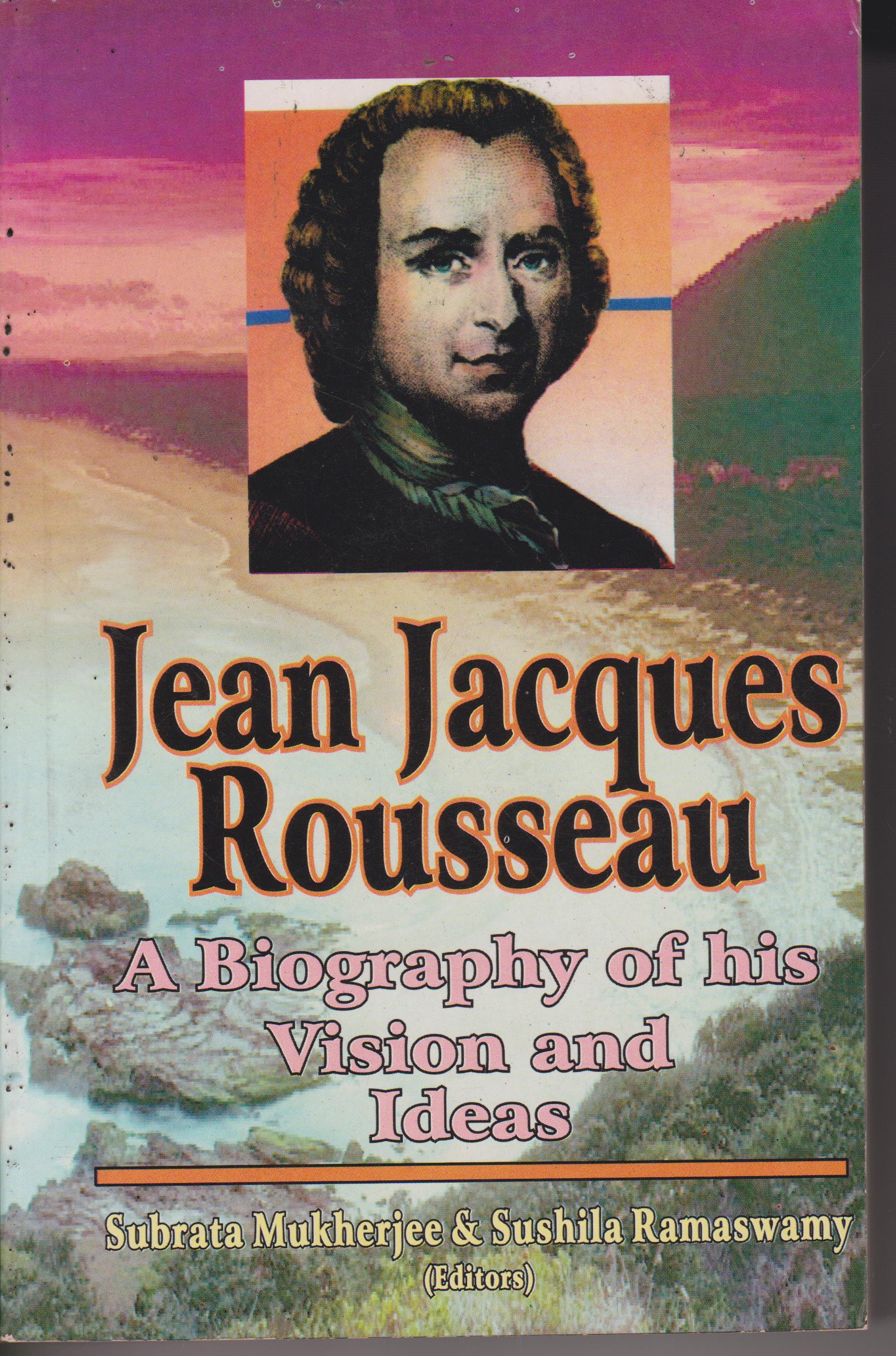
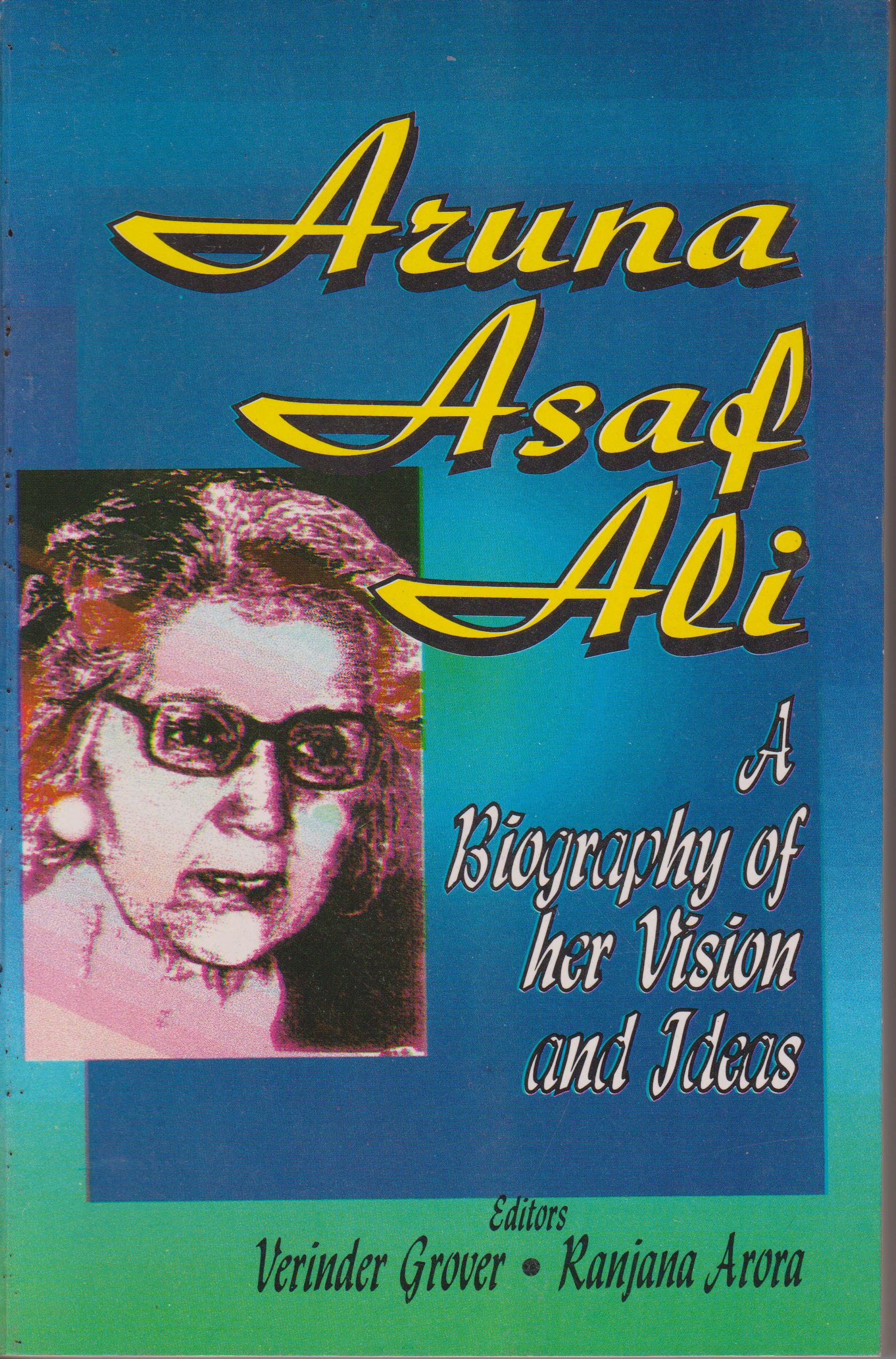
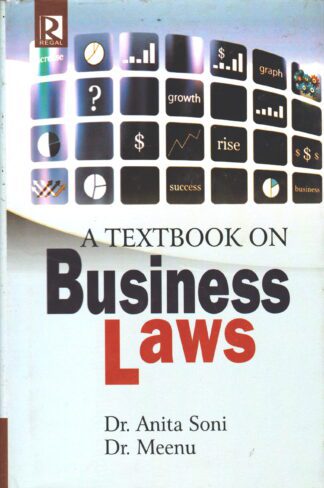
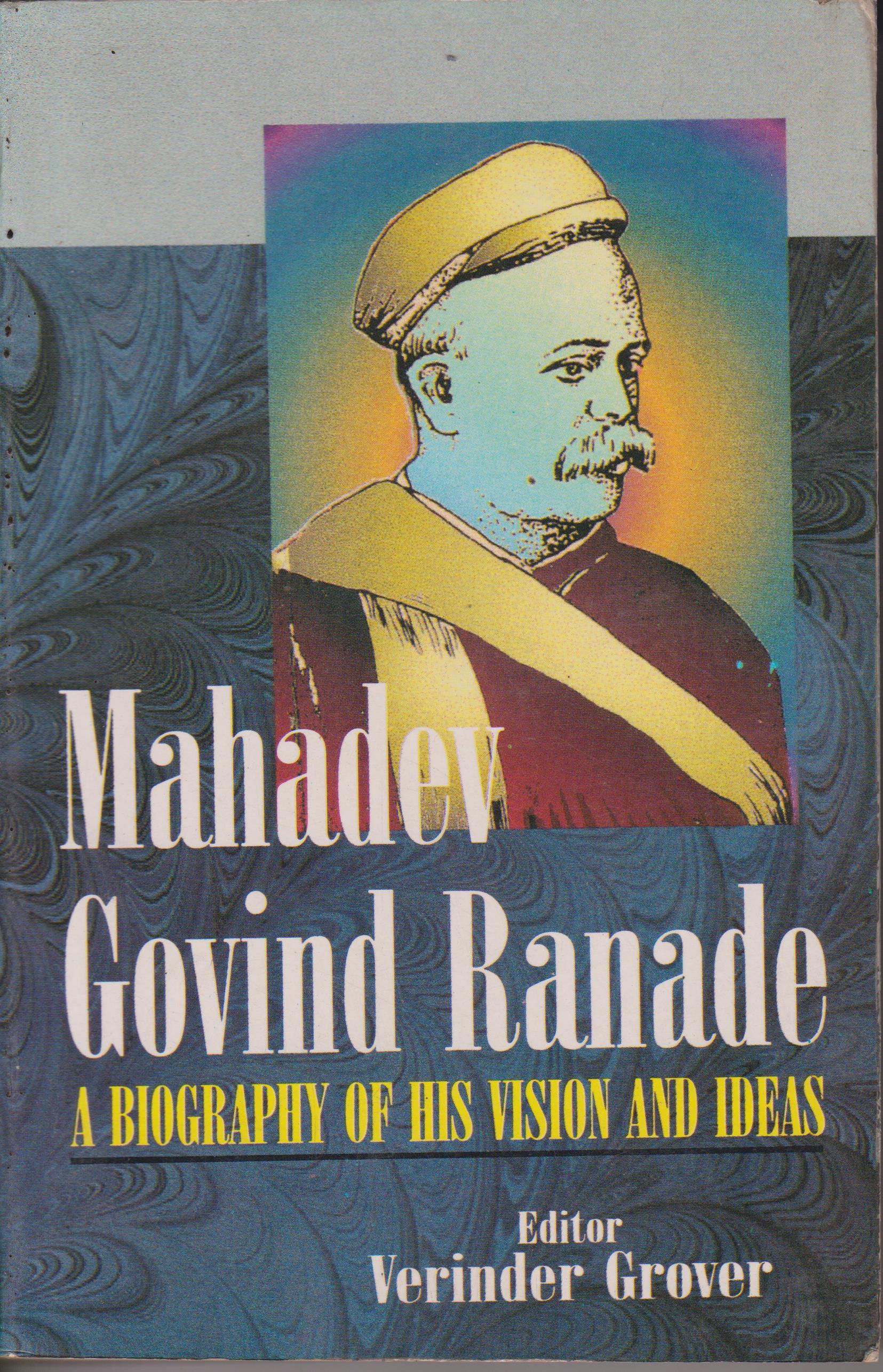

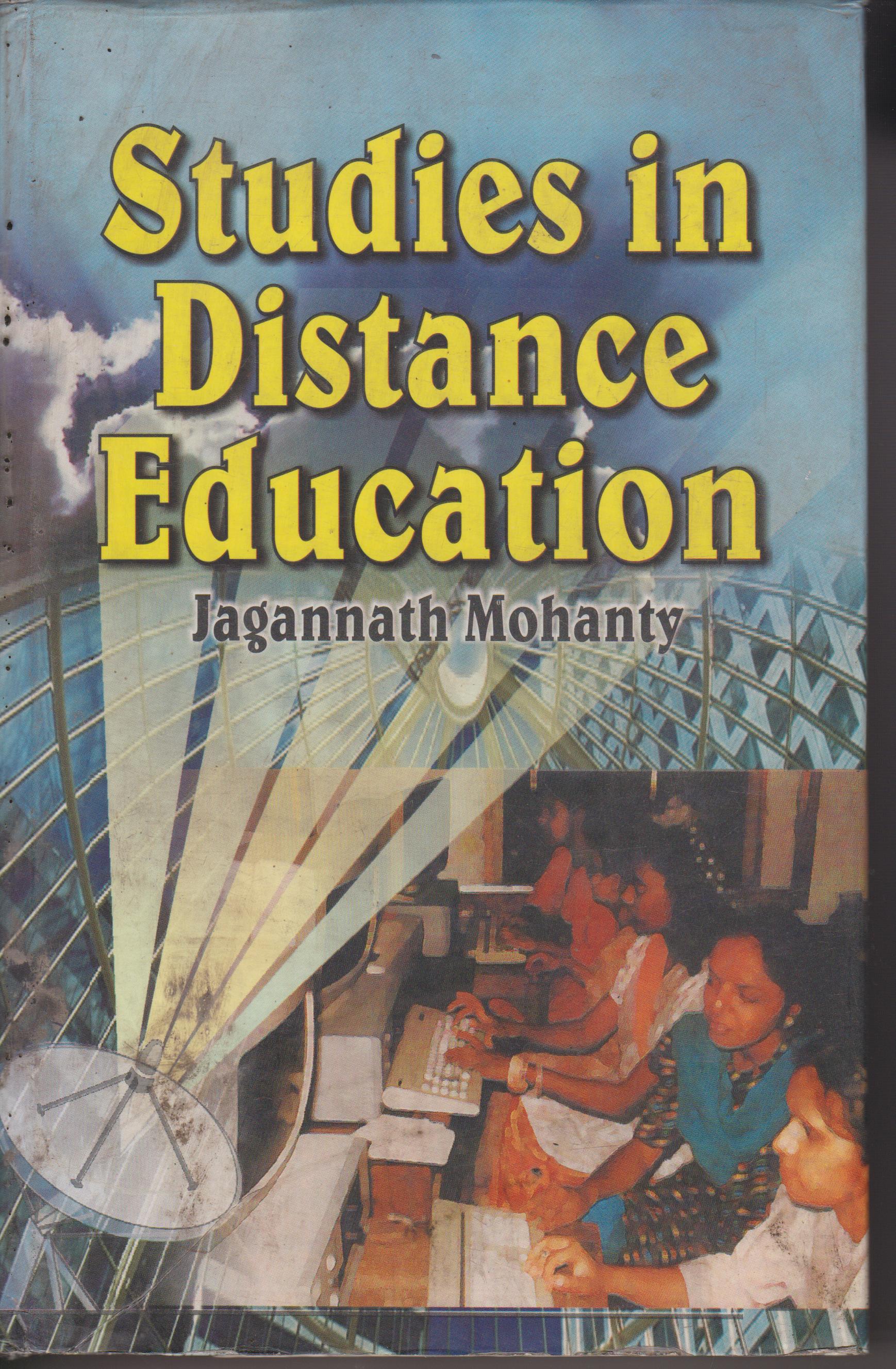
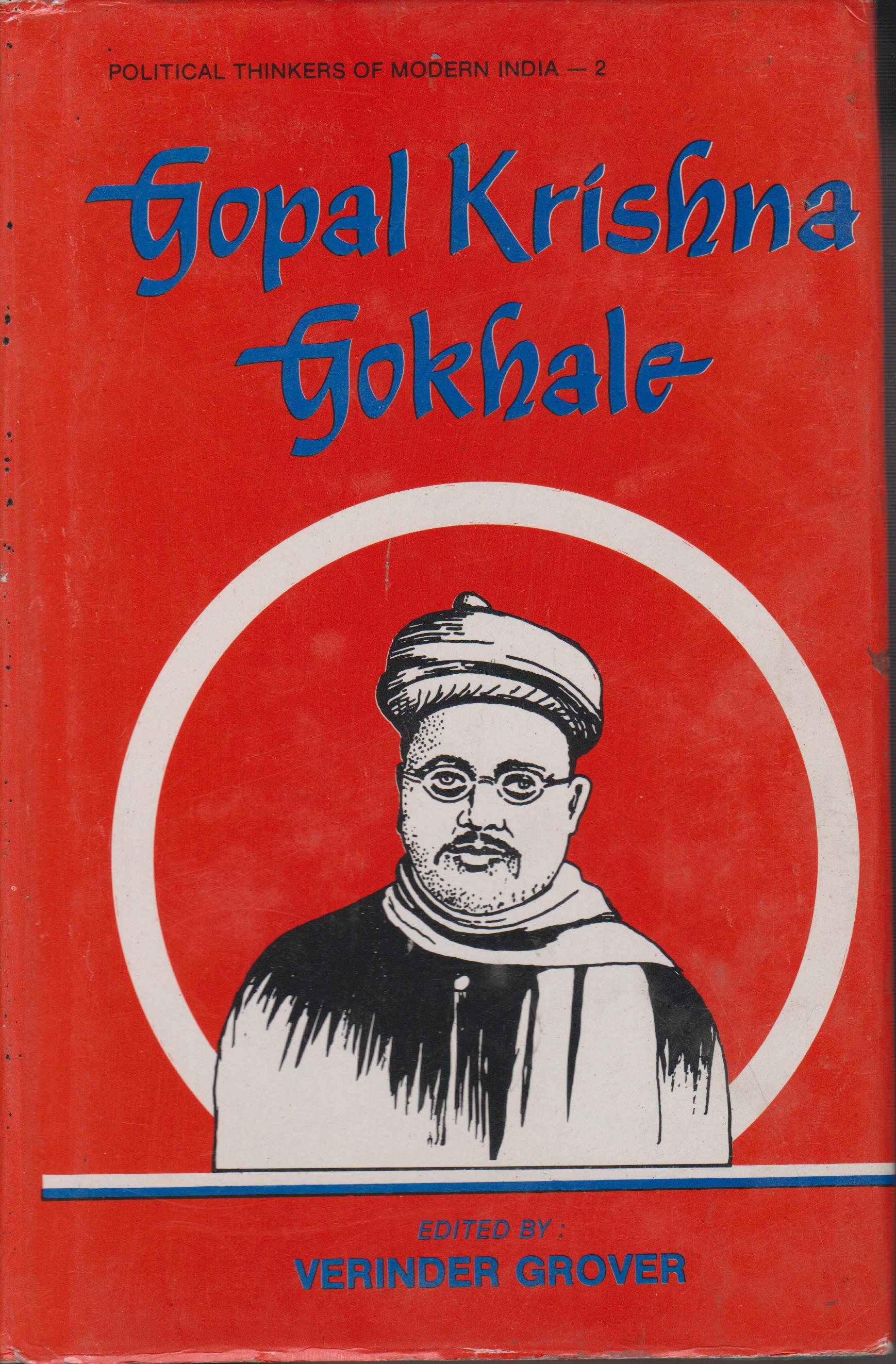
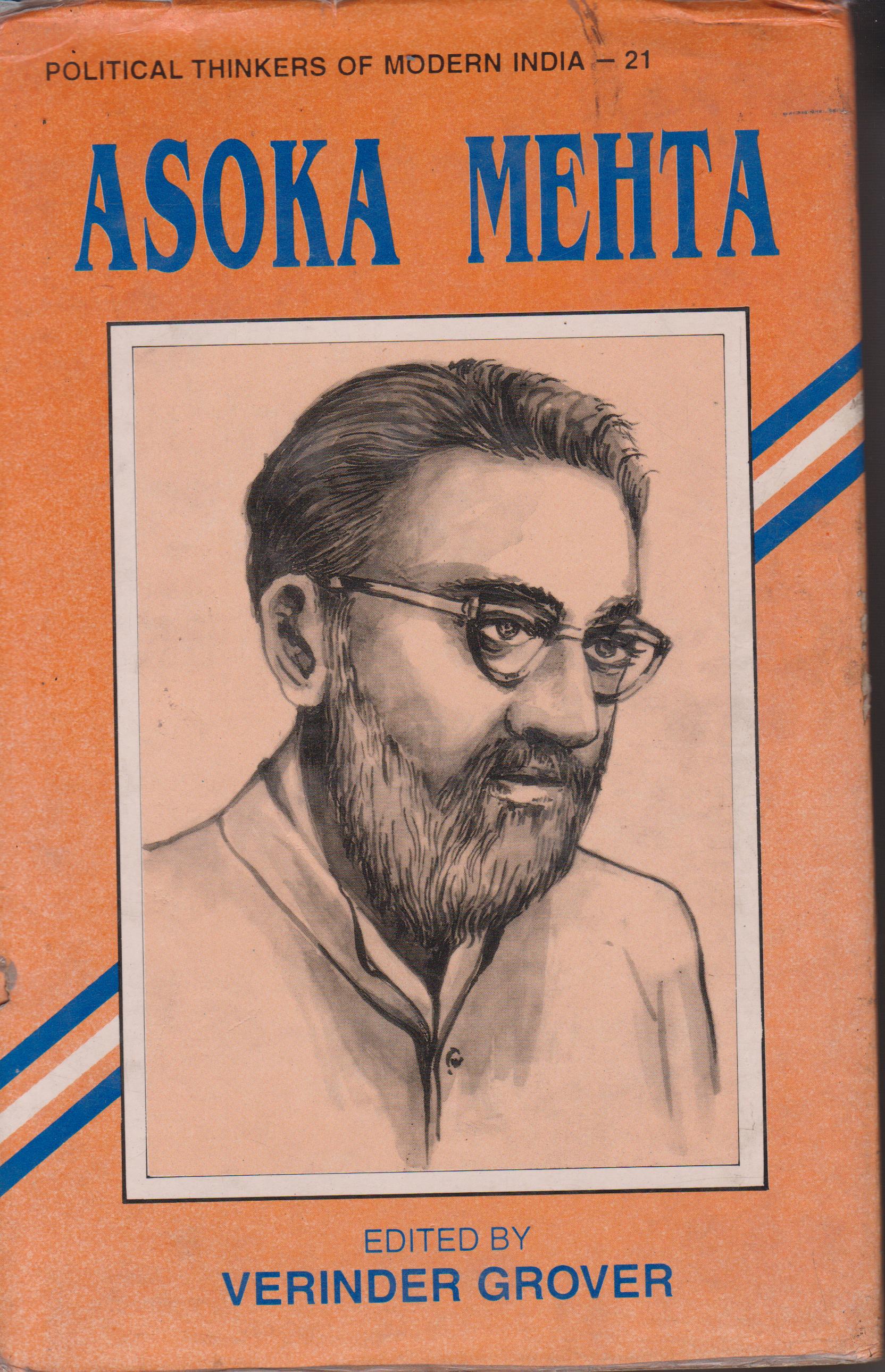
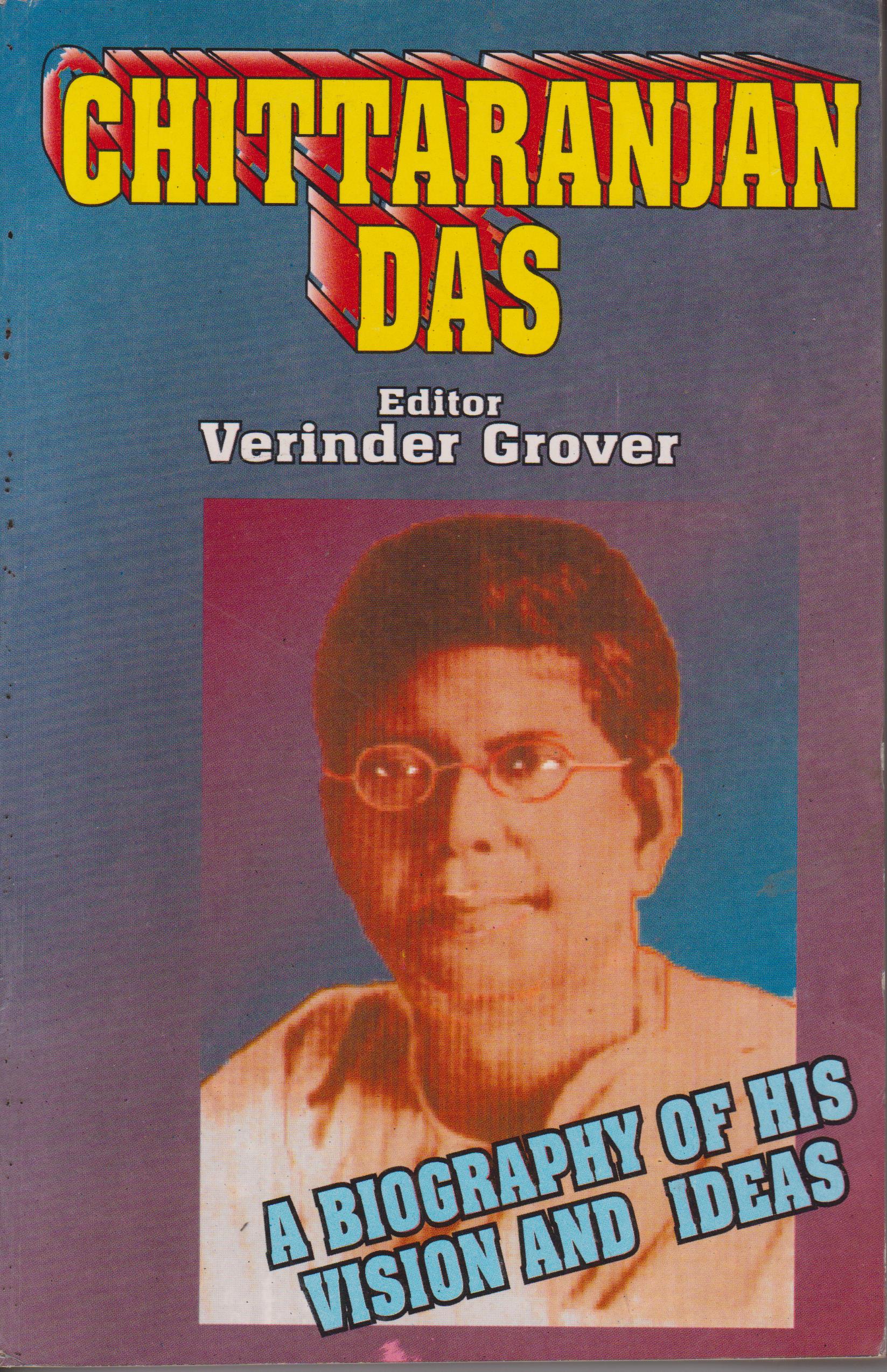
Reviews
There are no reviews yet.